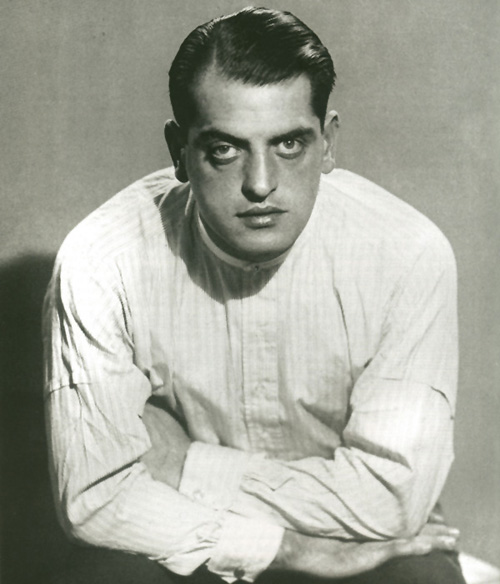Las horas inmobiles...the immobile hours

This semi biography is a collection of Buñuel's memories of his childhood spent in a village called Calenda, in the
I read this book many years ago before settling in
I'm rather monomaniac in terms of books. There are always two or three books I need to read again and again from time to time. My Last Sigh is one of them, because I can open it at any page and feel drawn to such episode or thought. You will not find much detail about the shooting of his movies, the choices of actors but rather anecdotes and memories of his contemporaries. To put it simply, this book is more about the essence of a man.
Born in 1900, Luis Buñuel was the son of a rich landowner. His father left
Yesterday, while reading these anecdotes about Buñuel's childhood and his father's lifestyle, I remembered the very first years I spent in
And then one day, it changed totally. Someone told us of a very eccentric old aristocrat living near us in a former olive oil mill. We knocked at his door and this is a long story but my ex boyfriend and J. immediately liked each other and from then on, not a day was spent without receiving a call from our new found friend. Although he rejected the rigid code of his family and upbringing, and claimed himself de la izquierda (leftist), he was still maintaining su manera de ser (his way) as he used to say, which was more or less similar to Buñuel's father. J. was an antique dealer, except that he resented parting from his beautiful objects so if someone was interested in buying something he would give a ridiculously high price, so of course he never sold anything. J. got up around 10h30, then had a strong breakfast of toast with tomato and sardines. One hour later, he would call us, proposing we go to the market all together. We bought mainly fish and fruit. Then it was aperitivo time on the beach or in one of the little bars in the village. At the beginning, I found it quite pleasant to sip cold manzanilla while eating fresh grilled gambas with plenty of garlic and gradually I didn't see the point of buying food for lunch if obviously we were not going to have it for lunch as we usually ended the aperitivo around 2 o'clock. Well, we had lunch after that, at our flat or at J's mill. Naturally, we parted after lunch, to have a siesta. Around 6h30, the two men would play pool at the mill while I prepared some gin tonic. From time to time J. would invite some friends who had the same lifestyle. It was fun to watch and we sometimes had lively conversations about politics. One of my favorite things was to translate everyday a few pages of Buñuel's biography to J's friends. They enjoyed it but confessed having seen very few movies of the Spanish director. I was thankful to J. for introducing us to his world and his friends. I learned a bit about some aspects of Spanish society and its evolution. I couldn't believe my ears when one of the friends told me, on the day of his marriage, in the 50s, as he was entering the village where the religious ceremony was held, villagers were awaiting the bride and groom's families, kneeling down at the entrance of the village. This man is now happily divorced as he discovered he loved men instead of women and lives today with his former chauffeur.
Unfortunately, I lost contact with J. when I moved near
pic : portrait of Luis Buñuel by Man Ray
PS : my lovelies, I'm so sorry but I had to enable this comment moderation. I discovered a whole bunch of posts is plagued by some erotic Chinese comments. I have nothing against erotism but I thought they were just a little bit too insisting and not gracious enough.


Comments
Catherine
Glad your computer is feeling better again....
Oh and I am sorry that you are being stalked by perv.
Greetings from London.
I discovered not so long ago that Buñuel spent time in our village, Calaceite, and even had a house here. The house is now owned by a lovely French lady, who as you, is a translator.